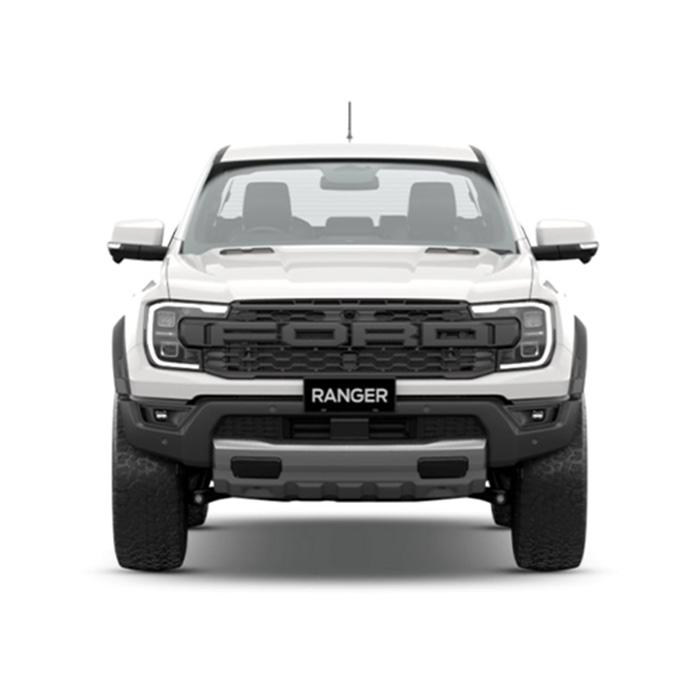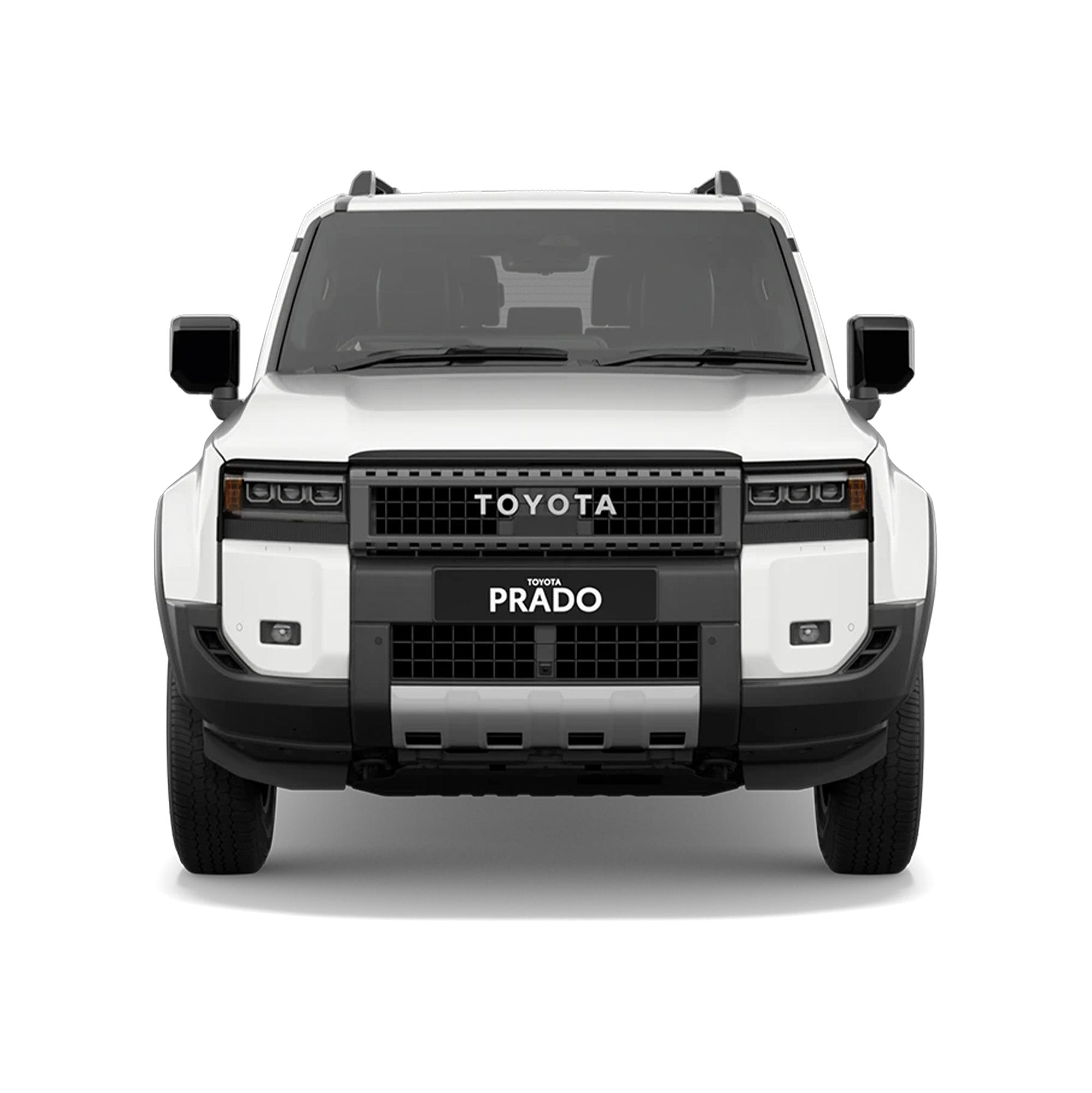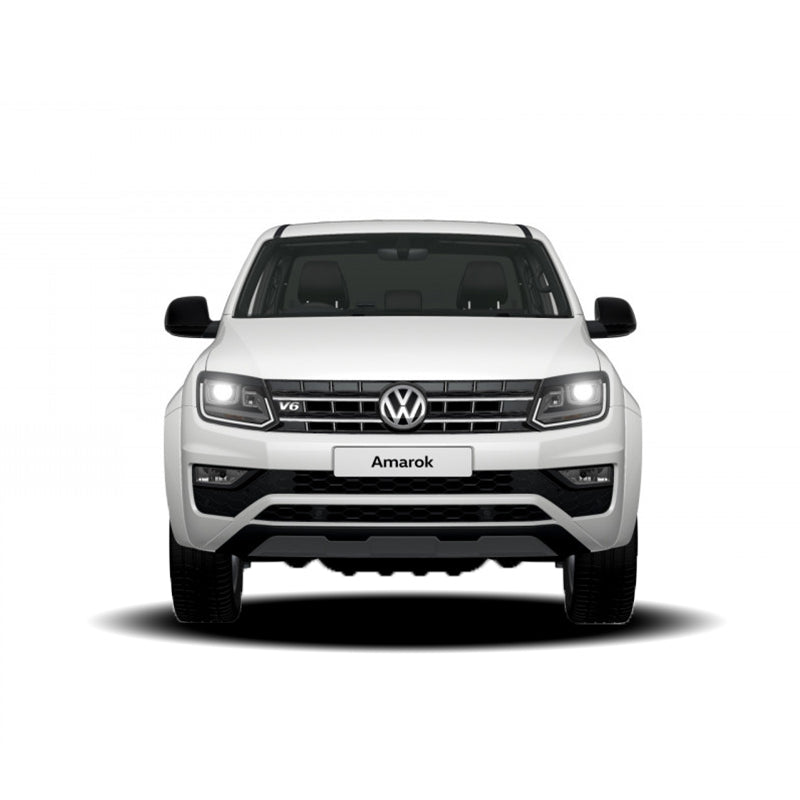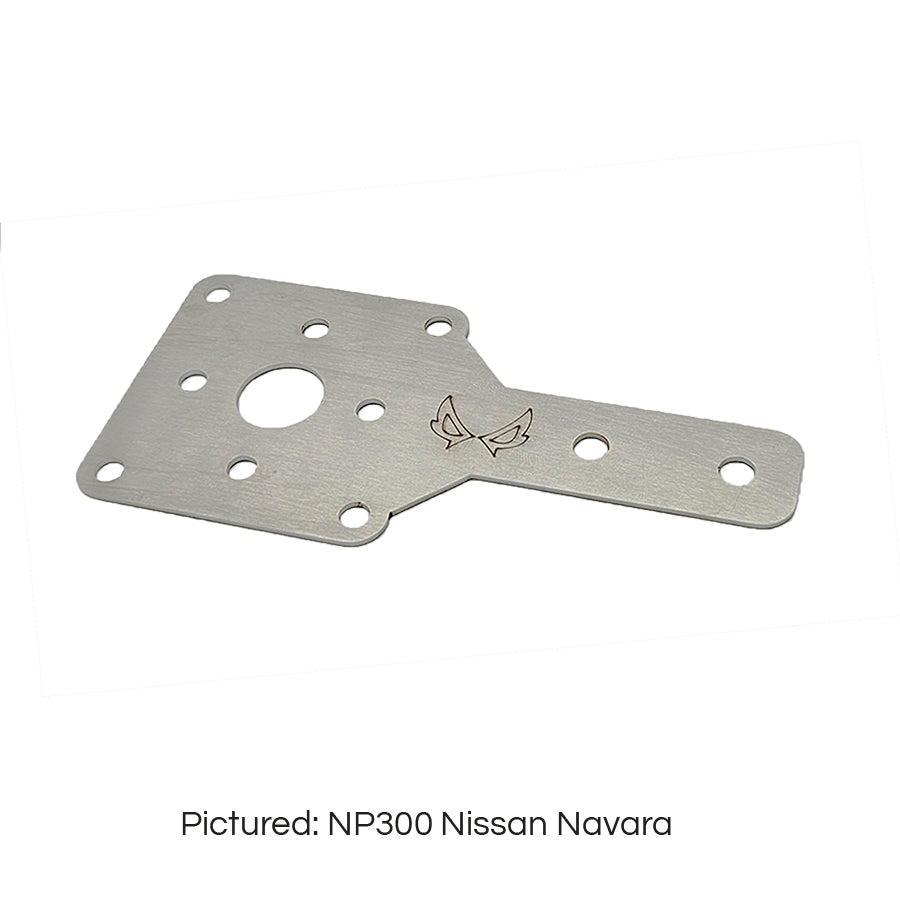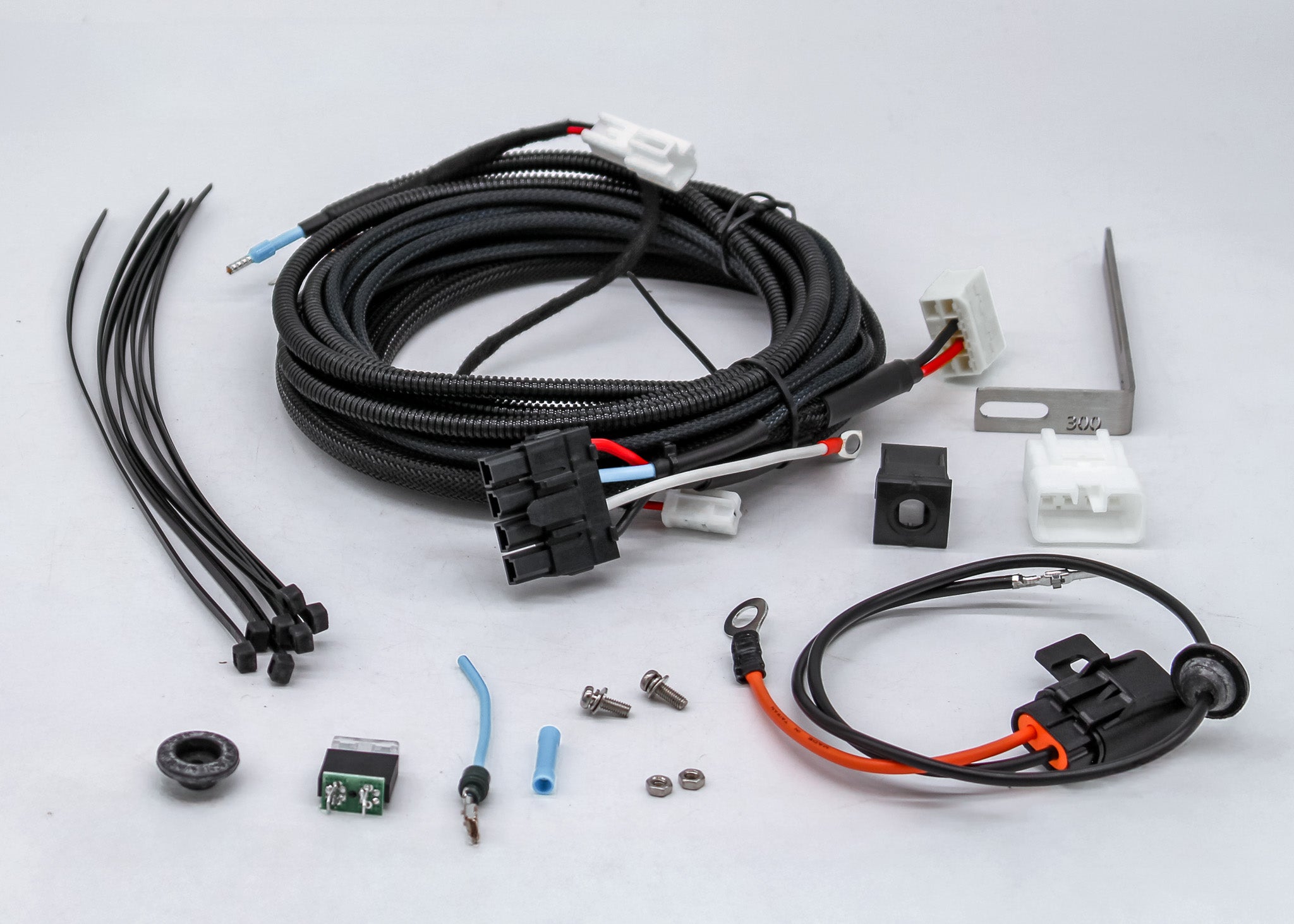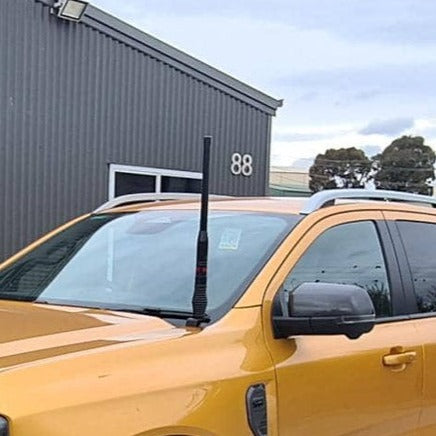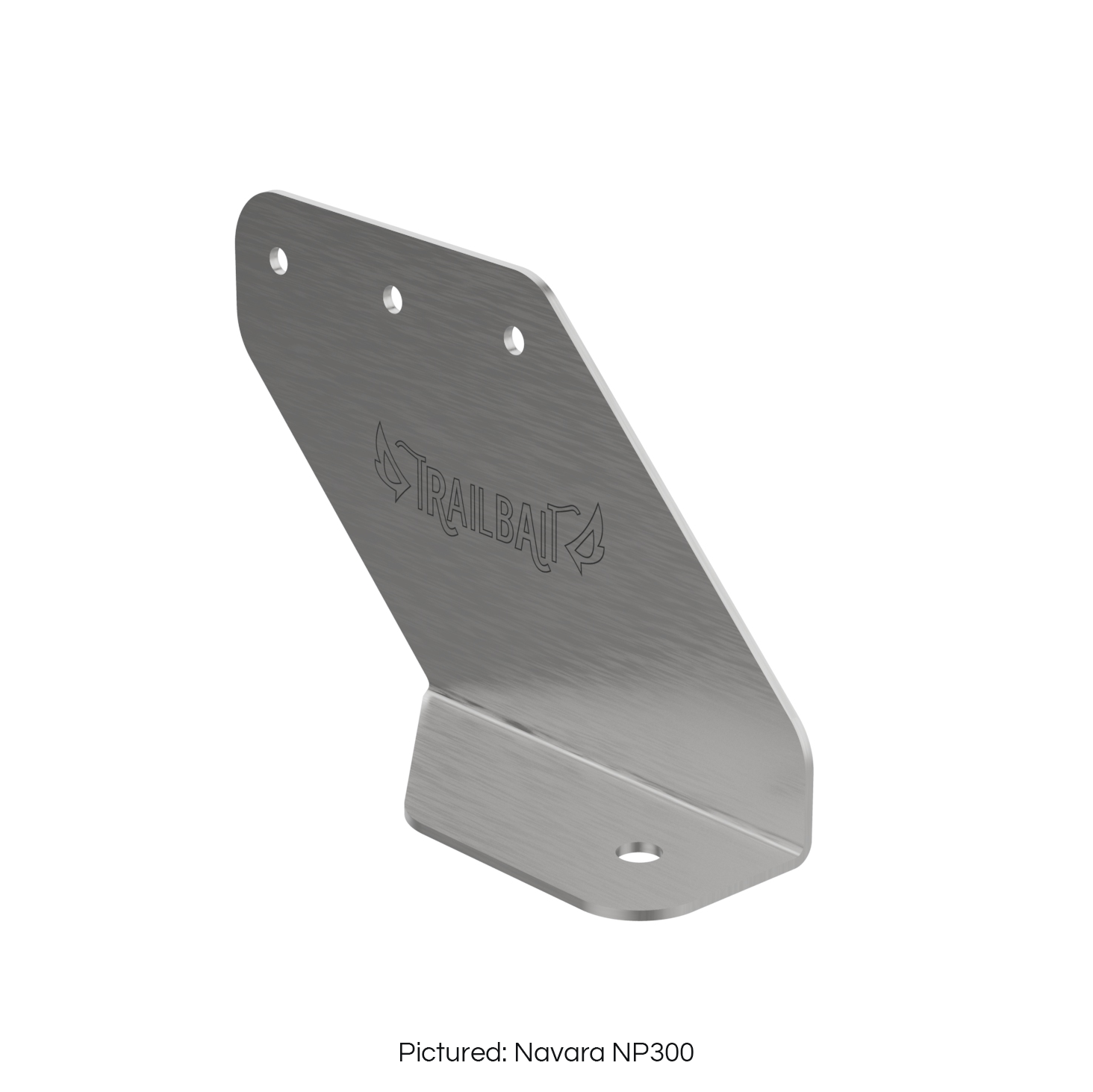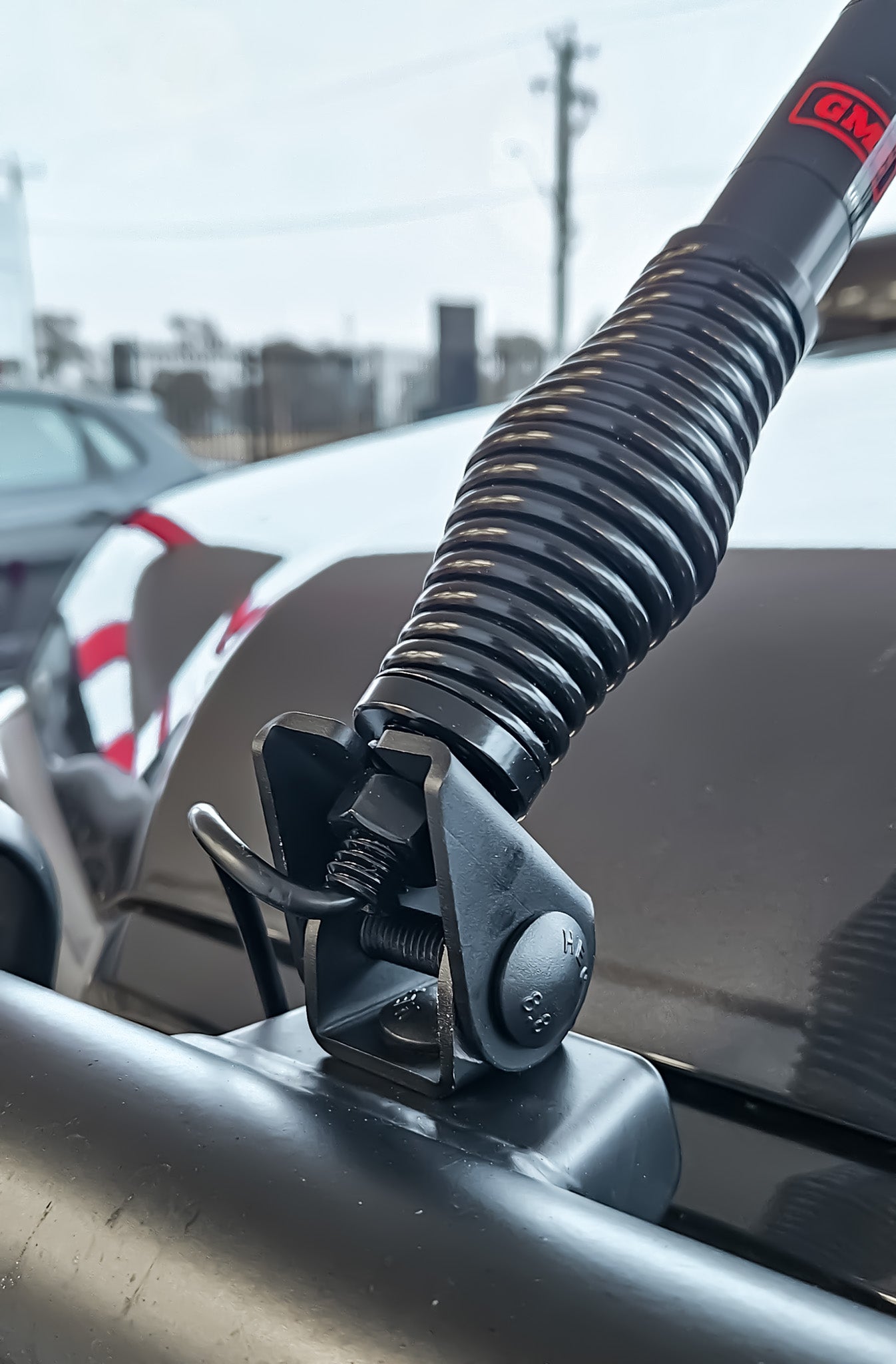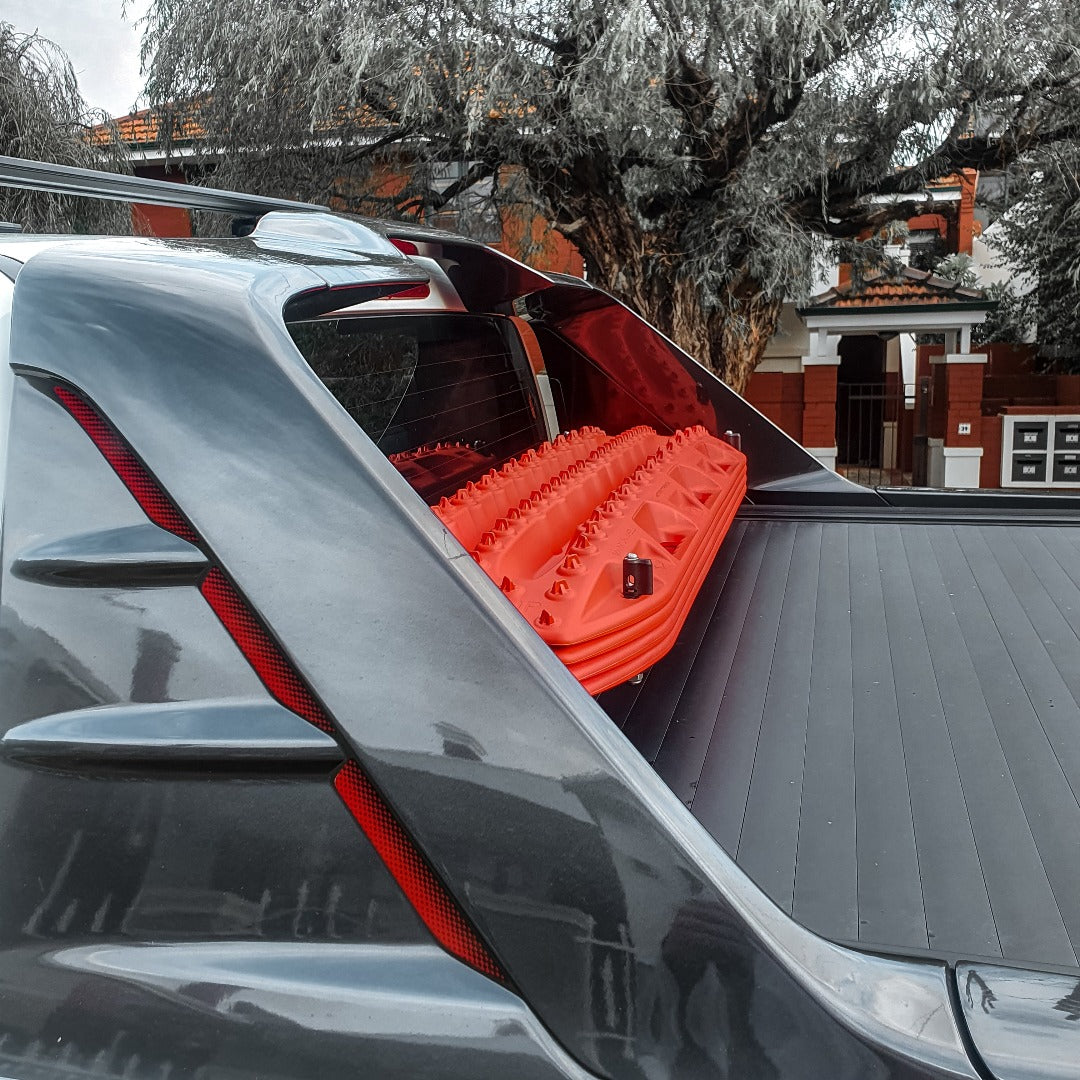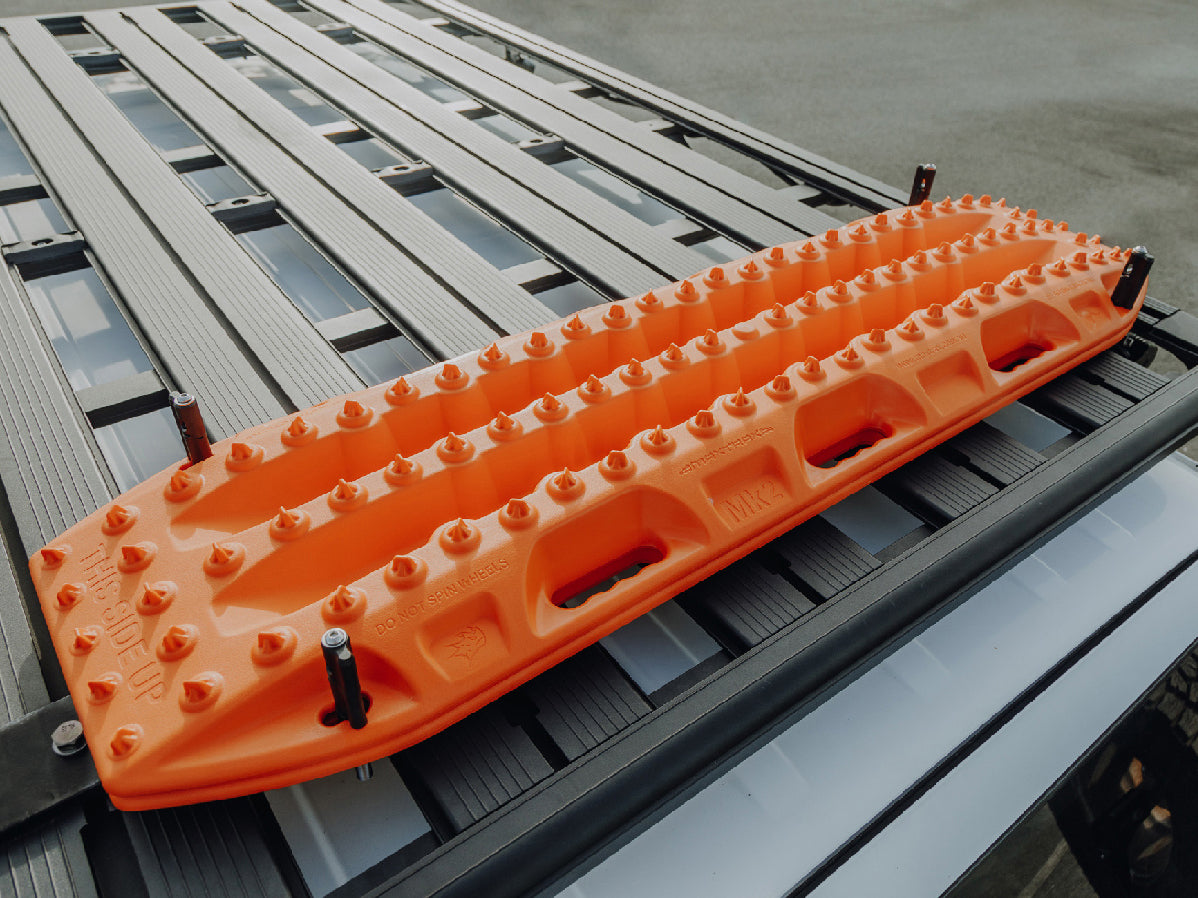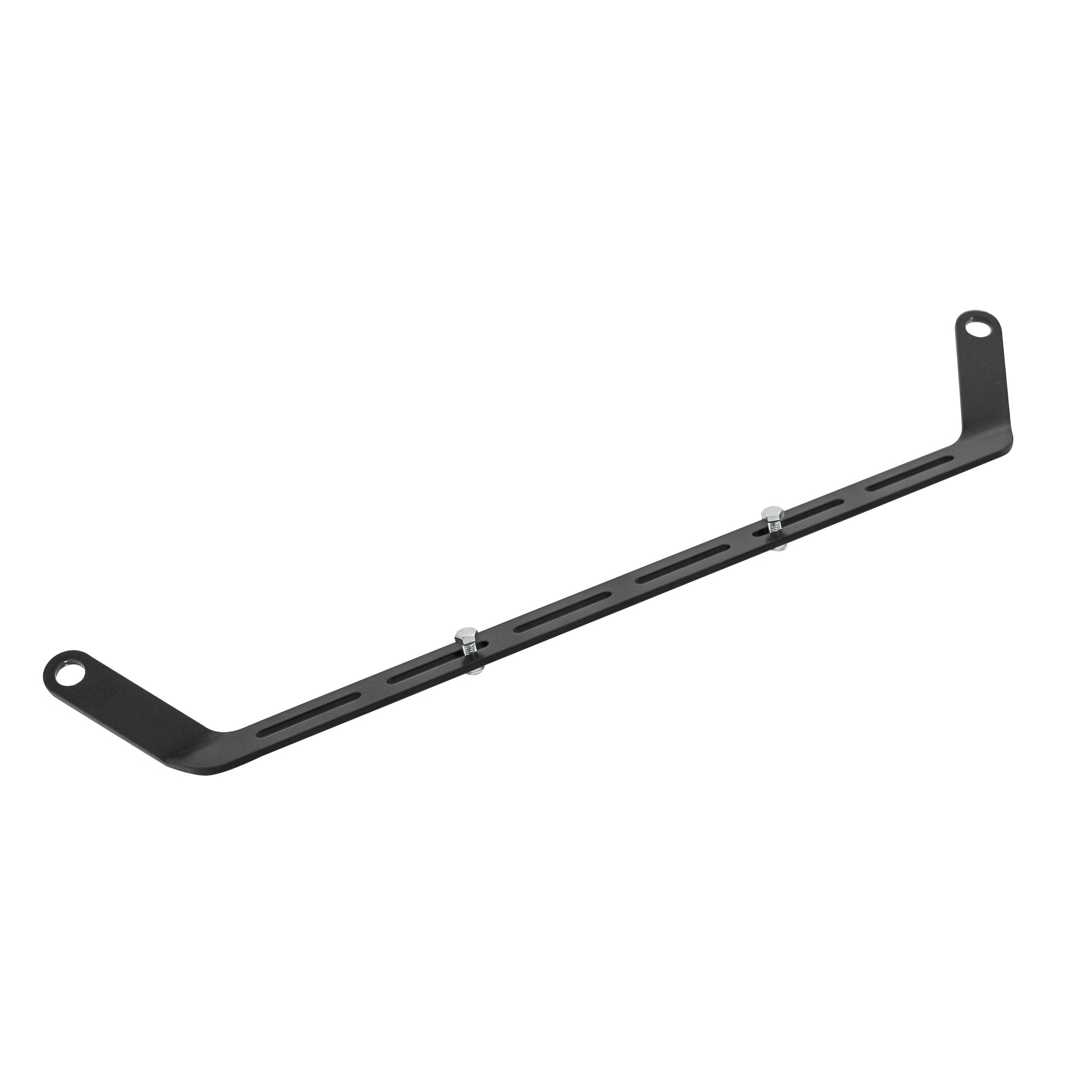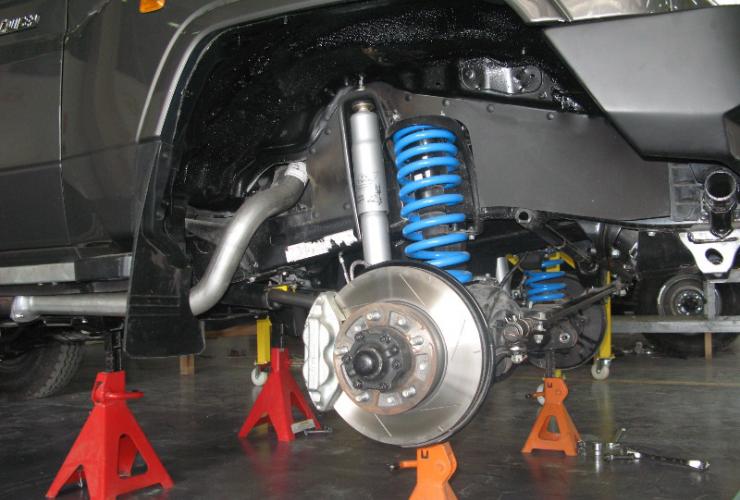Are you contemplating whether a GVM upgrade is essential for your 4x4 vehicle? Let us examine this matter in detail.

GVM (Gross Vehicle Mass) is the maximum weight that a 4x4 vehicle can legally weigh when fully loaded. Exceeding the GVM limit may lead to legal penalties, unsafe driving situations, and insurance-related problems. Therefore, it is crucial to determine whether your vehicle may surpass its GVM limit.
To determine your 4x4's weight, a visit to a weighbridge is necessary. Most quarries or landfills have weighbridges available for public use. Ensure that your 4x4 is loaded with a full fuel tank and all the gear that you typically carry. Once weighed, subtract the tare weight (found on the compliance plate or in the owner's manual) to determine the vehicle's current weight.

If your 4x4 is already close to its GVM limit, you may need to consider a GVM upgrade to increase the permissible weight limit. A GVM upgrade involves installing additional suspension components, such as shock absorbers, springs, and airbags, to increase the weight-carrying capacity of your vehicle. However, it is important to note that a GVM upgrade can be an expensive process and may affect your vehicle's handling and fuel economy.
Before proceeding with a GVM upgrade, alternative options like weight reduction should be considered. Removing unnecessary gear, opting for lighter equipment, and using smaller fuel and water tanks can result in significant weight savings. For example, consider replacing heavy steel bumper bars with aluminum ones or removing the second spare tire. By reducing the overall weight of your 4x4, you may be able to avoid the need for a GVM upgrade.
It is also essential to remember that a GVM upgrade must be performed by a reputable mechanic who is familiar with the process. A poorly executed upgrade can compromise the safety of your vehicle, cause damage to the suspension system, and invalidate your insurance. Therefore, choose a mechanic who specializes in 4x4 suspension upgrades and has experience with GVM upgrades.

If you do decide to proceed with a GVM upgrade, keep in mind that it may affect your vehicle's handling and fuel economy. A heavier vehicle may require adjustments to the suspension, brakes, and steering systems to maintain optimal performance. Also, ensure that your upgraded GVM complies with local regulations and is reflected on your vehicle's registration papers.
In summary, knowing your 4x4's weight and GVM limit is essential to avoid legal penalties and unsafe driving conditions. If your 4x4 is approaching its GVM limit, consider weight reduction or a GVM upgrade, but keep in mind the potential costs and effects on your vehicle's handling and fuel economy. Always consult with a reputable mechanic before proceeding with any modifications.


